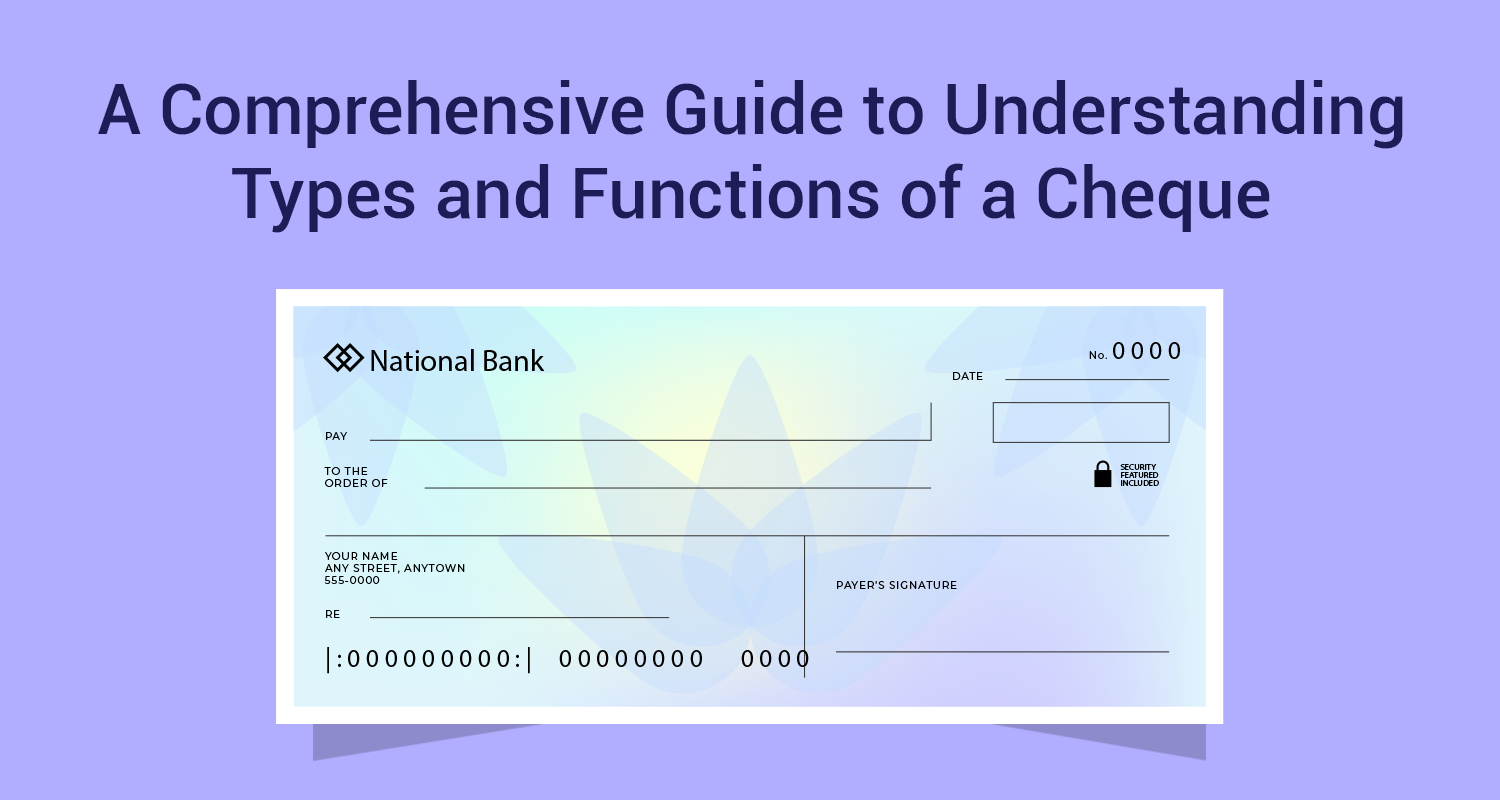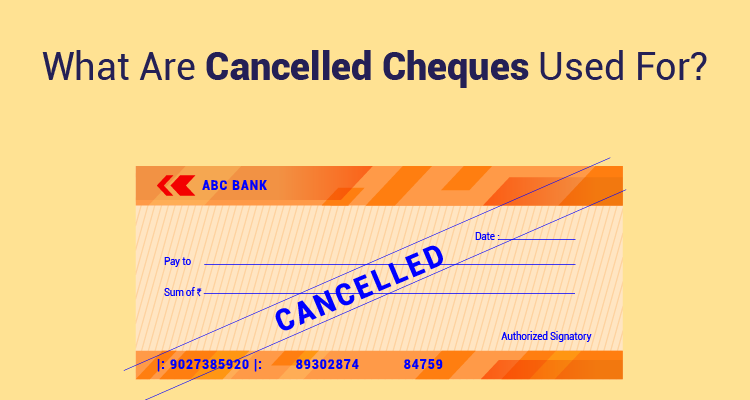Franking and Stamping: What’s the difference?

Written by Mr. Souvik Chatterjee and Ms. Shalika Satywakta
Stamping and Franking are two widely misunderstood terminologies that require utmost clarification while dealing with documents and payable instruments. The main difference between the two is that stamp duty is a type of tax that indicate the documents are official and legal while franking is a process that indicates any charges or taxes, such as the stamp duty on those documents has been paid.
A stamp duty is the tax levied on legal documents commonly in the transfer of assets or property. In India, some of the contracts, real estate transactions, mortgage deeds etc. need to be stamped to make it legally valid. For example, any property sold by an individual basis the written contract without any stamp duty paid/ franked, such a document does not have a legal validity and shall not stand legally binding document.
To execute the Sale Deed it has to be on a stamp paper. Such a stamp duty acts as transaction taxation and generates revenue for the government. Generally, a physical stamp is required to be part of the document to assert its legal validity.
The stamp duty payment is mandatory for the legal claim to become valid. In other words, this ensures that concerned Property document, which lays your claim to the property is legally valid, enforceable and hence, can be produced before the Court of Law. Stamp Duty charges changes from state to state. In Delhi, in case of Sale Deed, the Stamp duty and transfer duty @ 4% if the donee is a woman and @ 6% if the donee is a man. Registration fee is 1% of the total value+Rs.100/- pasting charges. Whereas in Mumbai, Stamp duty is 5 per cent of the total cost of the property. The final amount is calculated on the basis of the agreement value, or the ready reckoner rates decided by the state government, whichever is higher. In India, the most common modes of stamping are Paper Based Method, E-Stamping and Franking. Even though not all of the mediums are available in every state, any of this medium is equally acceptable in all the states.
Paper Based Method
This traditional medium is also known as non-judicial stamp paper method, wherein an individual is required to buy stamp paper from the authorized vendor. He can further print the terms of the agreement on the paper or can affix the blank paper, which is signed by the executants, on the agreement, symbolizing the sufficient payment of stamp duty.
It is the most common method, as it can be affixed even after execution of the agreement, However, it is a time-consuming method and there is a risk of fake stamp papers. In high Stamp Duty cases, the no. of Stamp papers required is also high. Also, the refund process of unused stamp papers takes approximately 6 months.
E - stamping
E - stamping is a latest form of stamping which has made the stamping procedure much convenient. Stock Holding Corporation of India Limited (SHCIL) has been appointed as a Central Record Keeping Agency for the matters of e-stamping in India.
SHCIL has facilitated e-stamping in Gujarat, Daman & Diu, Karnataka, Himachal Pradesh, NCT Delhi, Uttarakhand, Rajasthan, Tamil Nadu, Pondicherry, Assam, Uttar Pradesh, Chhattisgarh, Jharkhand and Jammu & Kashmir.
Franking
Franking, is a process of actually getting the documents stamped. This process includes getting the documents marked or stamped, indicating that the documents are legal and the stamp duty levied on the documents has been paid.
For this, we have to first prepare the documents. These documents are then taken to a Bank, or franking centre. Once the stamp duty is paid, the centre will mark the documents to indicate that the stamp duty has been paid. This process is called franking. The said documents need to be signed after franking them.
Alternately, one can also buy printed stamp papers. These are documents that have already undergone the process of franking. The payable stamp duty is included in the cost of the papers. Hence, these documents are ready to be just signed and registered. They make the process quite easy, but can only be used in certain situations
Disclaimer : The information in this blog is for general purposes only and may change without notice. It does not constitute legal, tax, or financial advice. Readers should seek professional guidance and make decisions at their own discretion. IIFL Finance is not liable for any reliance on this content. Read more



